How Hair Discrimination Affects Black Women at Work

By A Mystery Man Writer
Despite some progress over the past few years, race-based hair discrimination still remains a widespread issue for Black women in the workplace. A recent study showed that Black women’s hair was two-and-a-half times more likely to be perceived as unprofessional, and one-fifth of the Black women surveyed between the ages of 25 and 34 had been sent home from work because of their hair. Although 20 states have adopted the CROWN Act, which prohibits discrimination based on hair texture and protective styles including braids, twists, and locs, hair discrimination is not prohibited at a federal level in the U.S. To address and mitigate hair bias and discrimination, company leaders should focus on the following three areas: awareness, employee feedback, and objectivity.
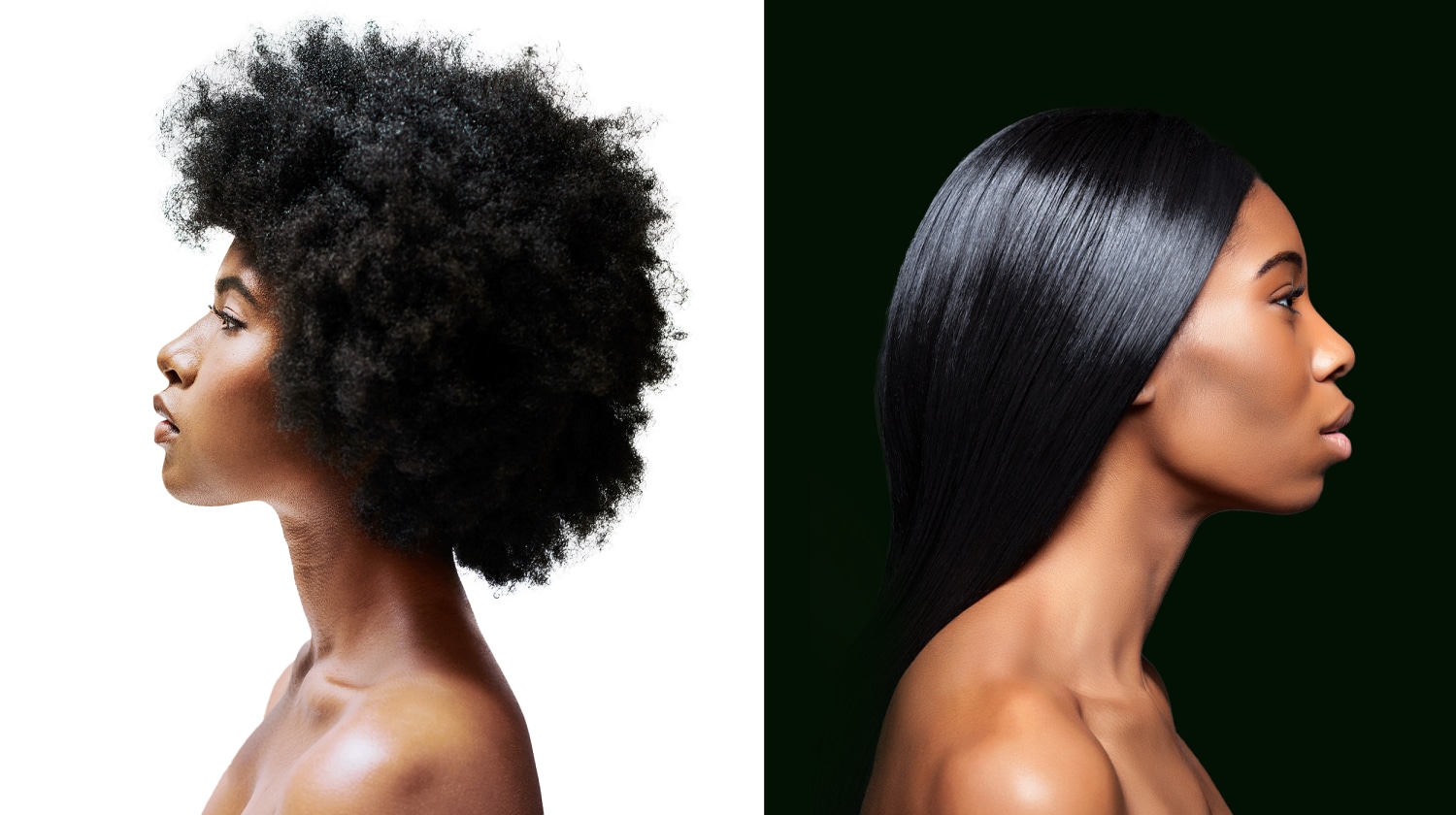
Chemical hair straighteners linked to higher risk of uterine cancer for Black women, study shows

When it comes to their hair, Black women face a difficult choice

Dear Corporate America: Stop Tone Policing Black Women. We Have Every Right To Be Angry.
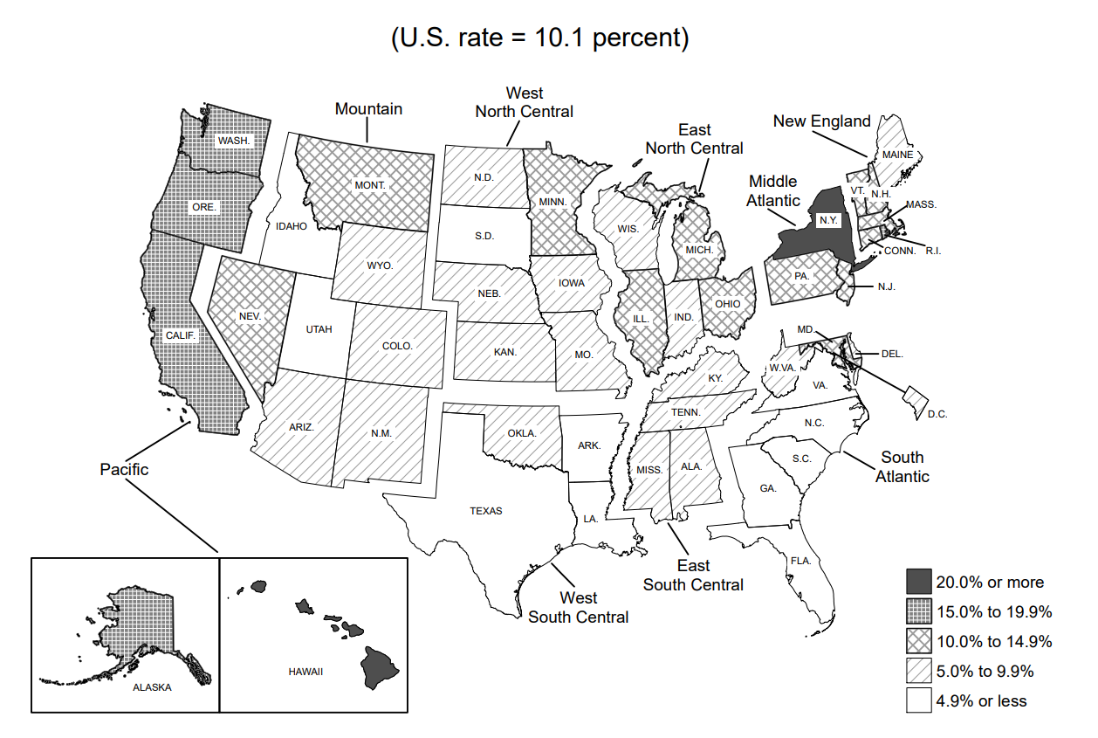
The CROWN Act: A jewel for combating racial discrimination in the

Rosanna Durruthy on LinkedIn: Tackling workplace hair bias – Dove

Ending Discriminatory Hair Policies in Schools

Black women with natural hairstyles are less likely to get job interviews
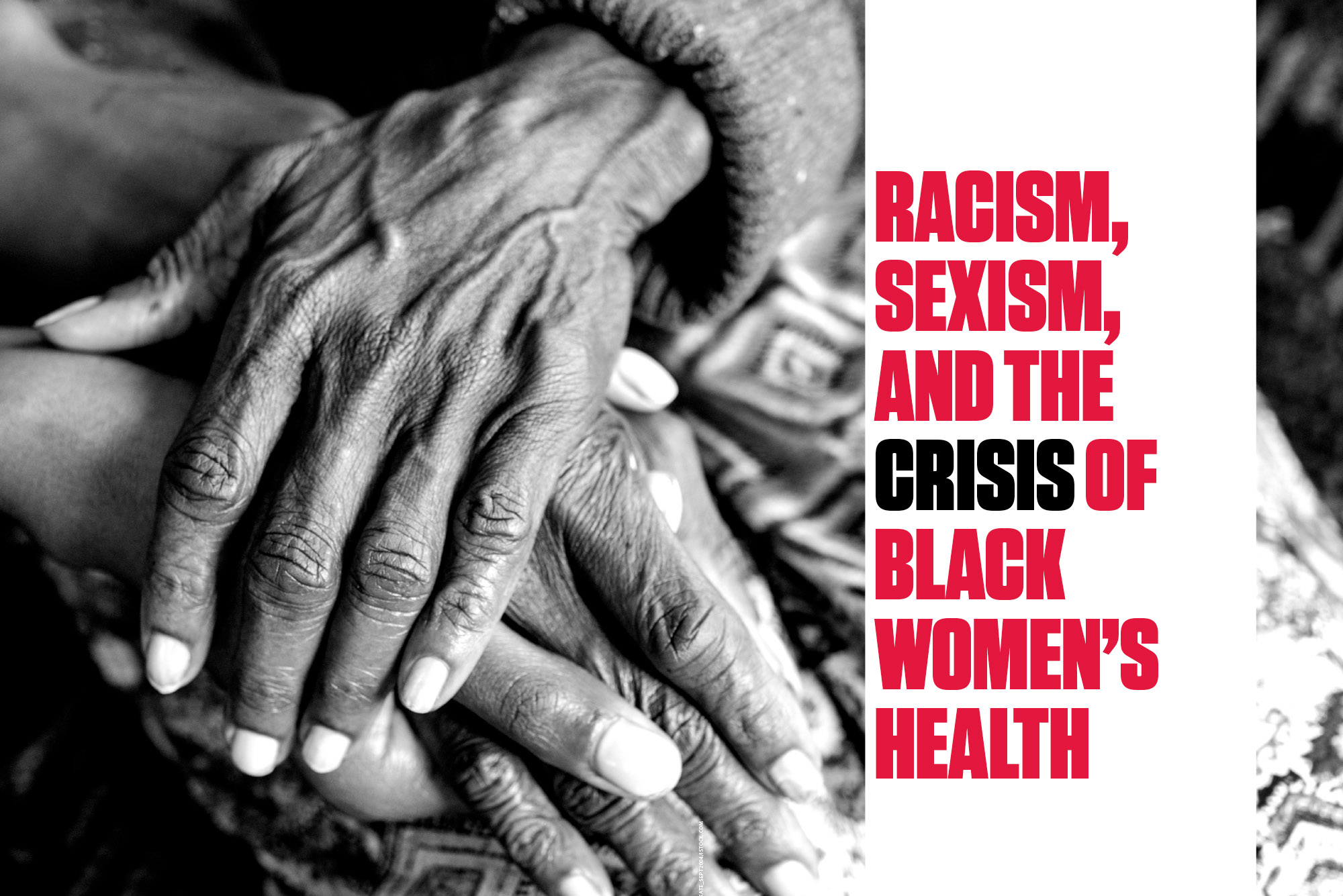
Racism, Sexism, and the Crisis of Black Women's Health, The Brink

Black Hair Is Professional: Why Dove Is Fighting Race-Based Hair Discrimination

How hair discrimination impacts Black Americans in their personal lives and the workplace
- 8 Things You Always Wanted to Know About Black Women's Hair - The Mash-Up Americans
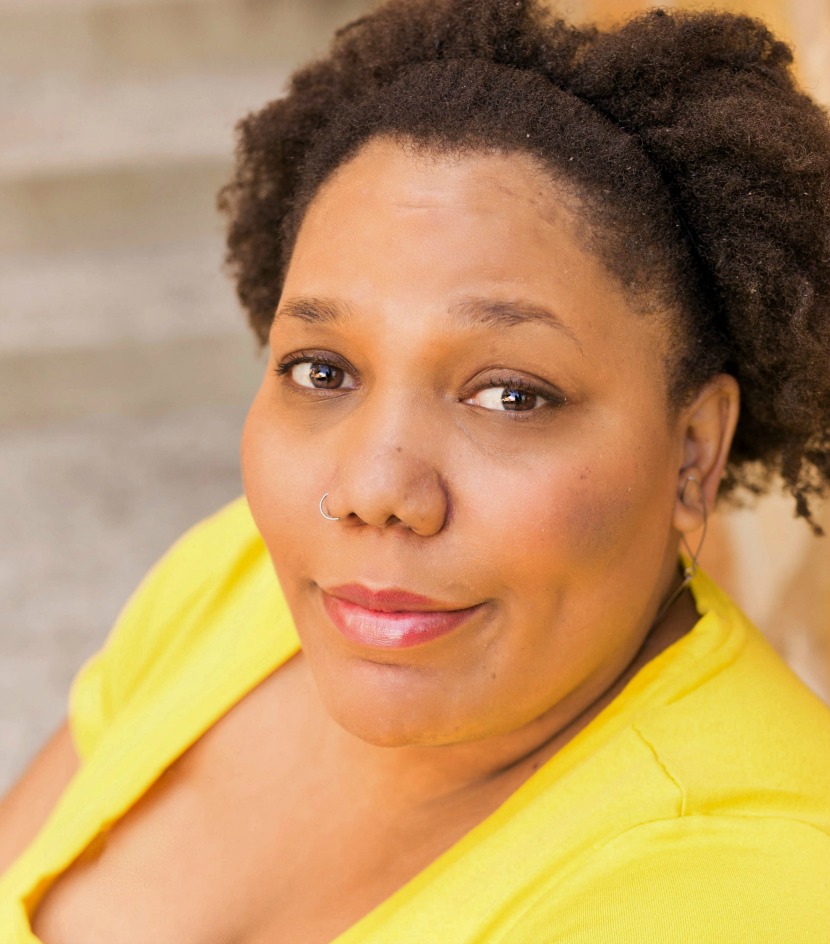
- Five Reasons Why Black Hair Is Important in Black History
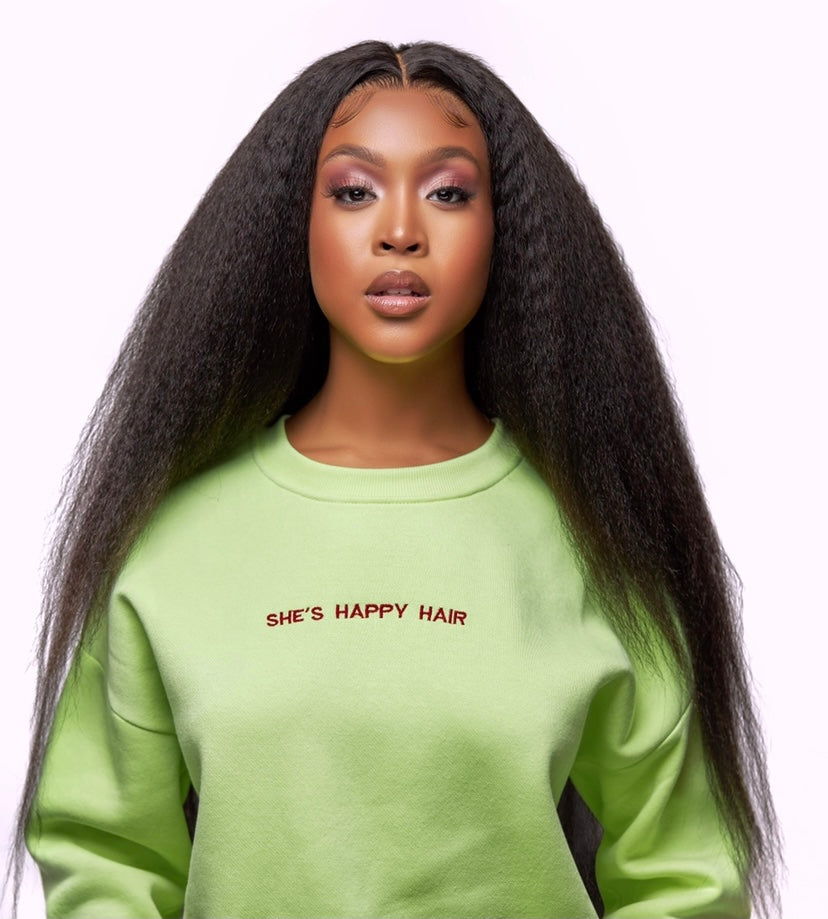
- Afro Hair Types - 4A, 4B, 4C Hair Types - The Complete Guide
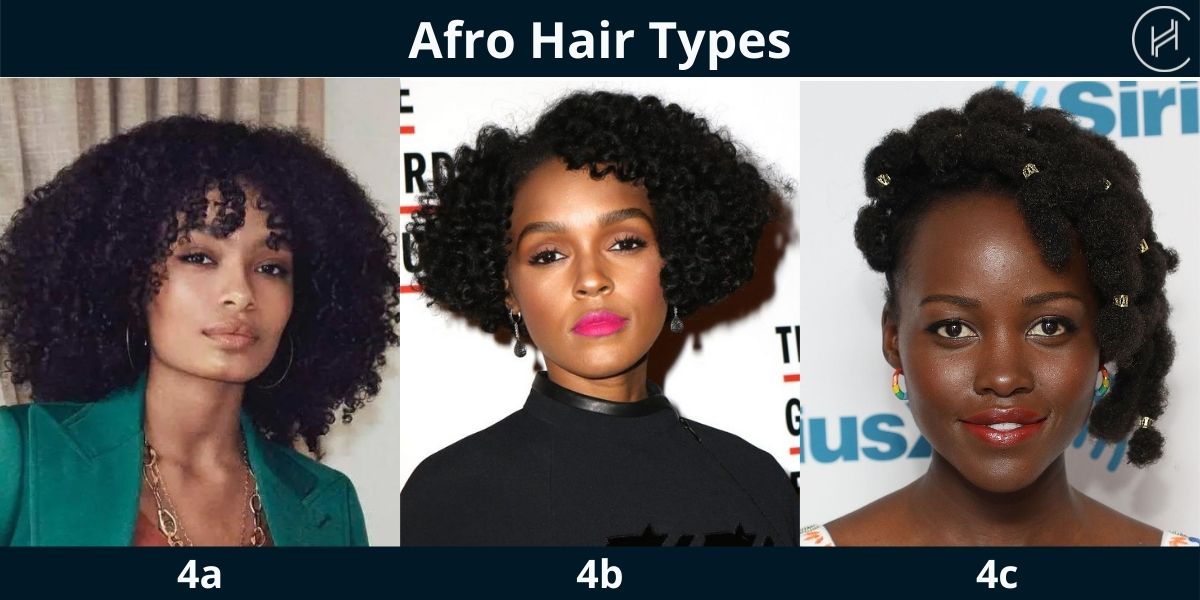
- BLOSDREAM Herbal 3 in 1 Hair Dye Instant Black Hair Shampoo for Women & Men 100% Coverage Shampoo 300ml (Black) : : Beauty

- Black Hair Photos: How We Show It

- Garment Accessories 0.8mm Metal Square Bra Hooks and Eyes - China Bra Hook Eye and Hook and Eye Wholesale price

- Want to Go Wireless? These 14 Comfortable Bras Actually Support Big Breasts
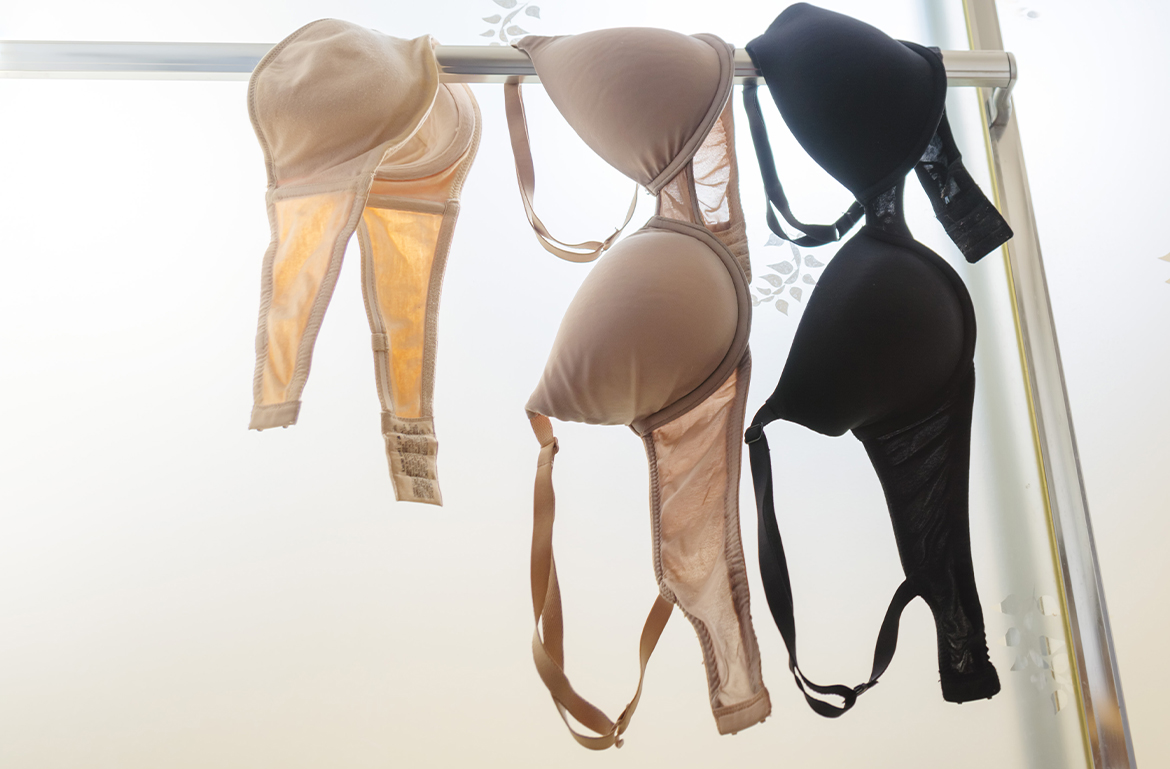
- Separatec Dual Pouch Men's Natural Healthy Bamboo Fiber Trunks

- Victoria's Secret
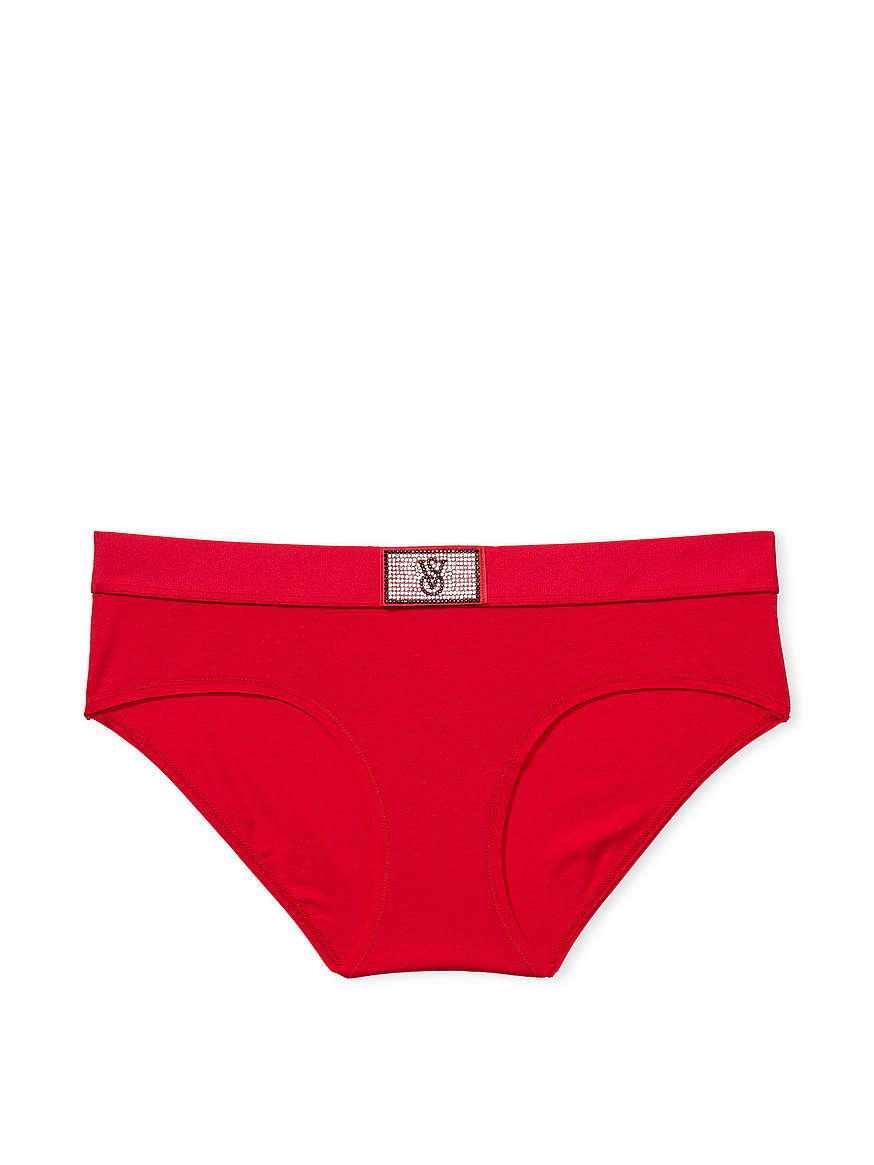
- 6 Best Chest Exercises for Women (Video)
